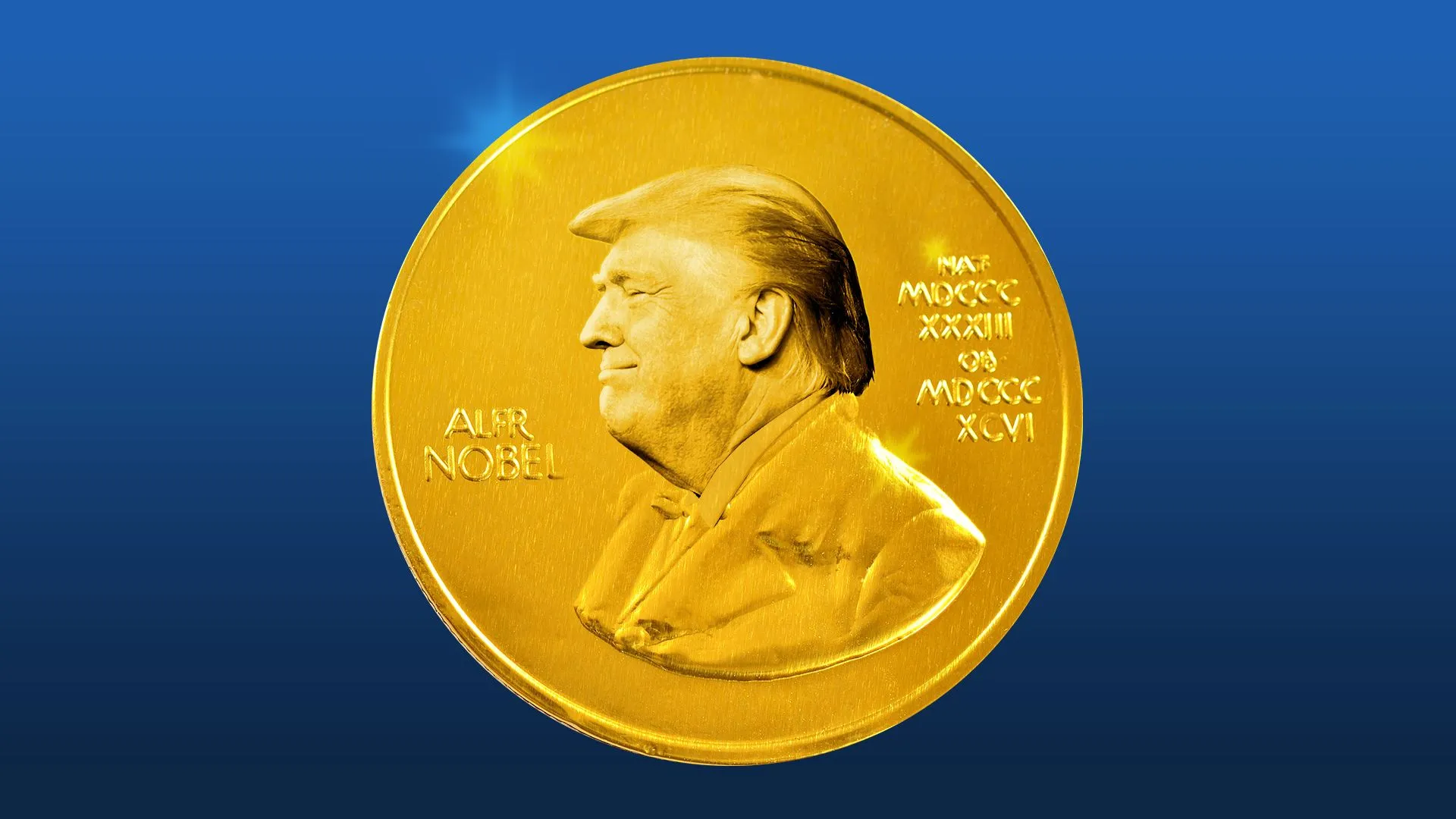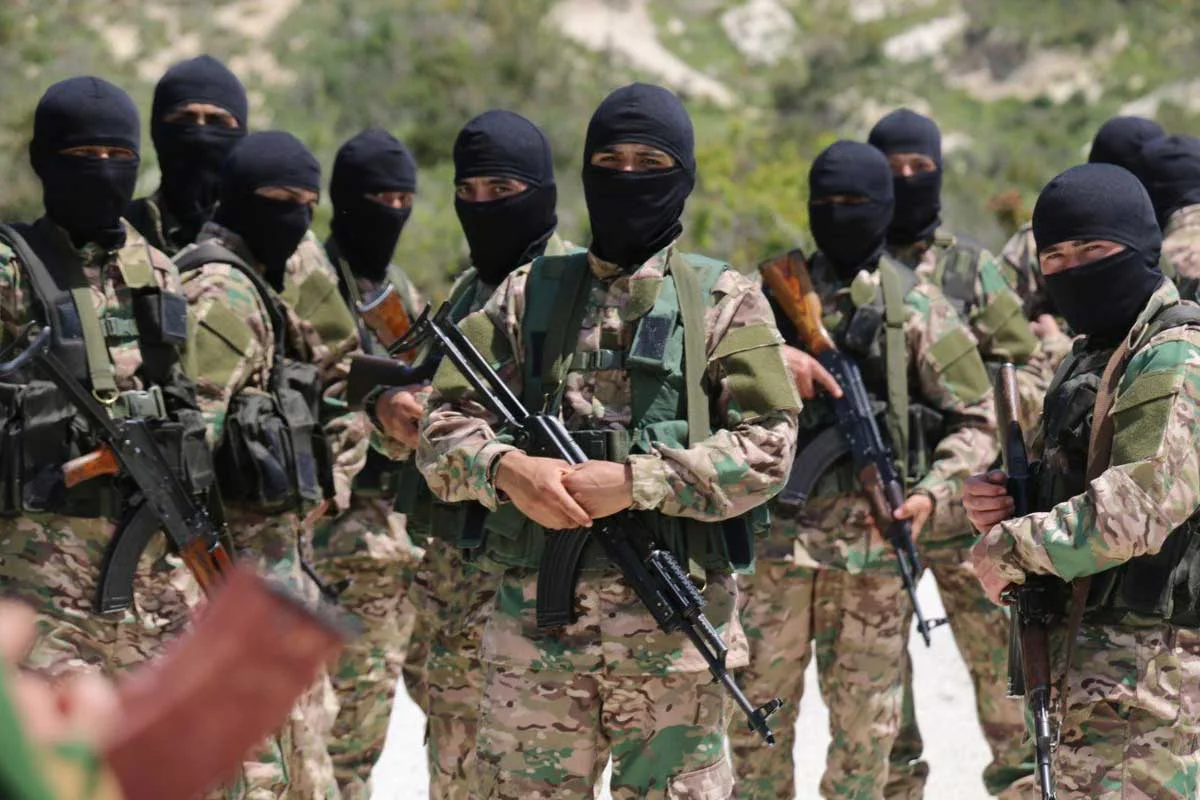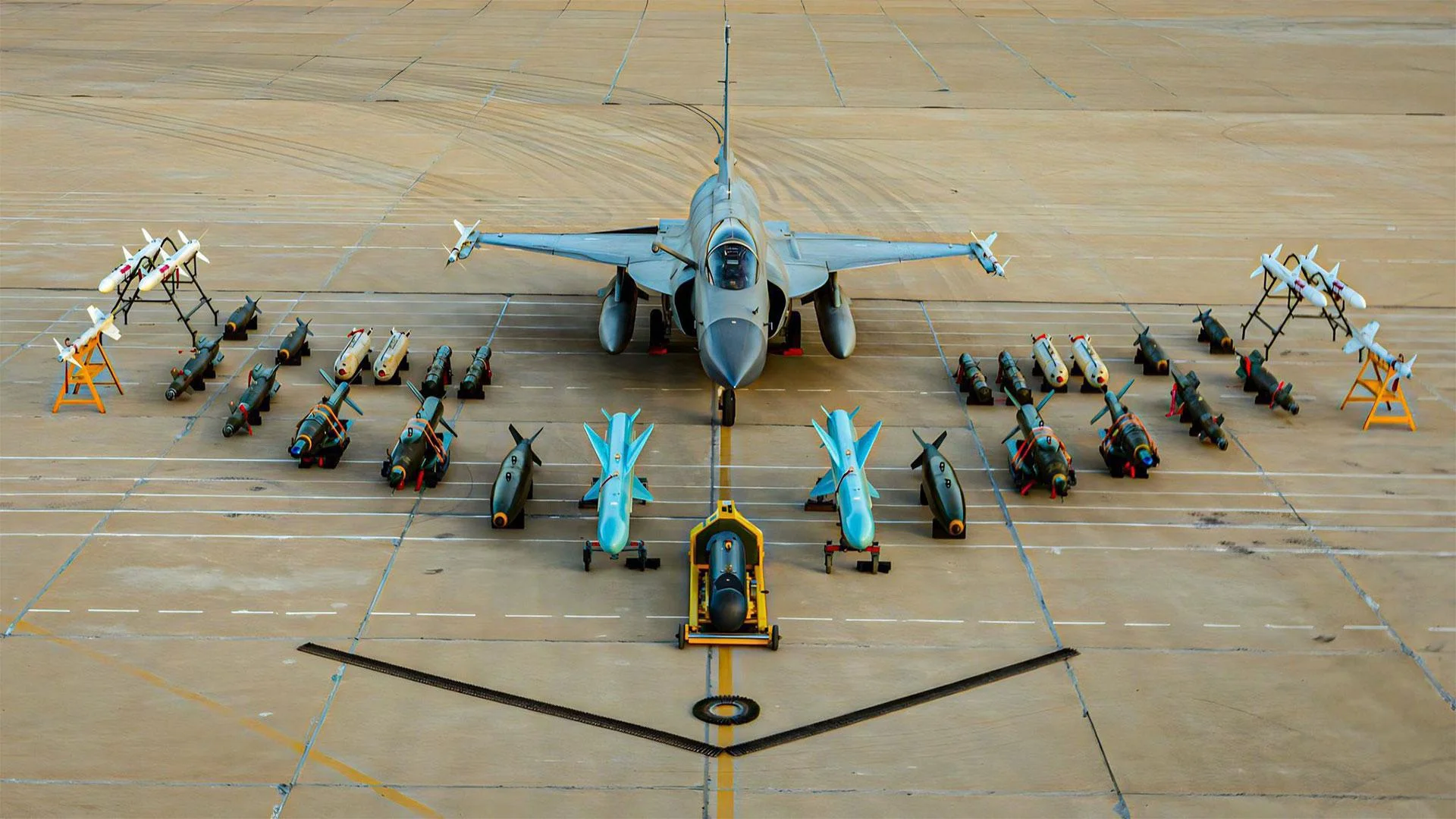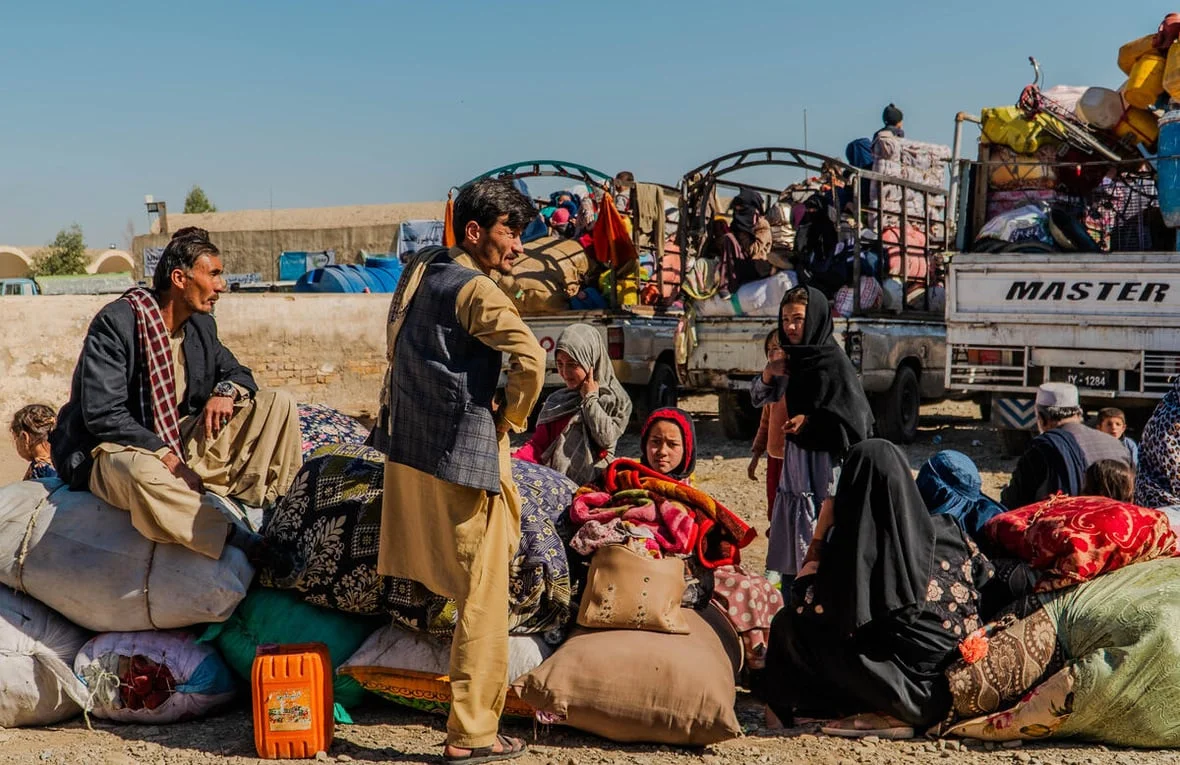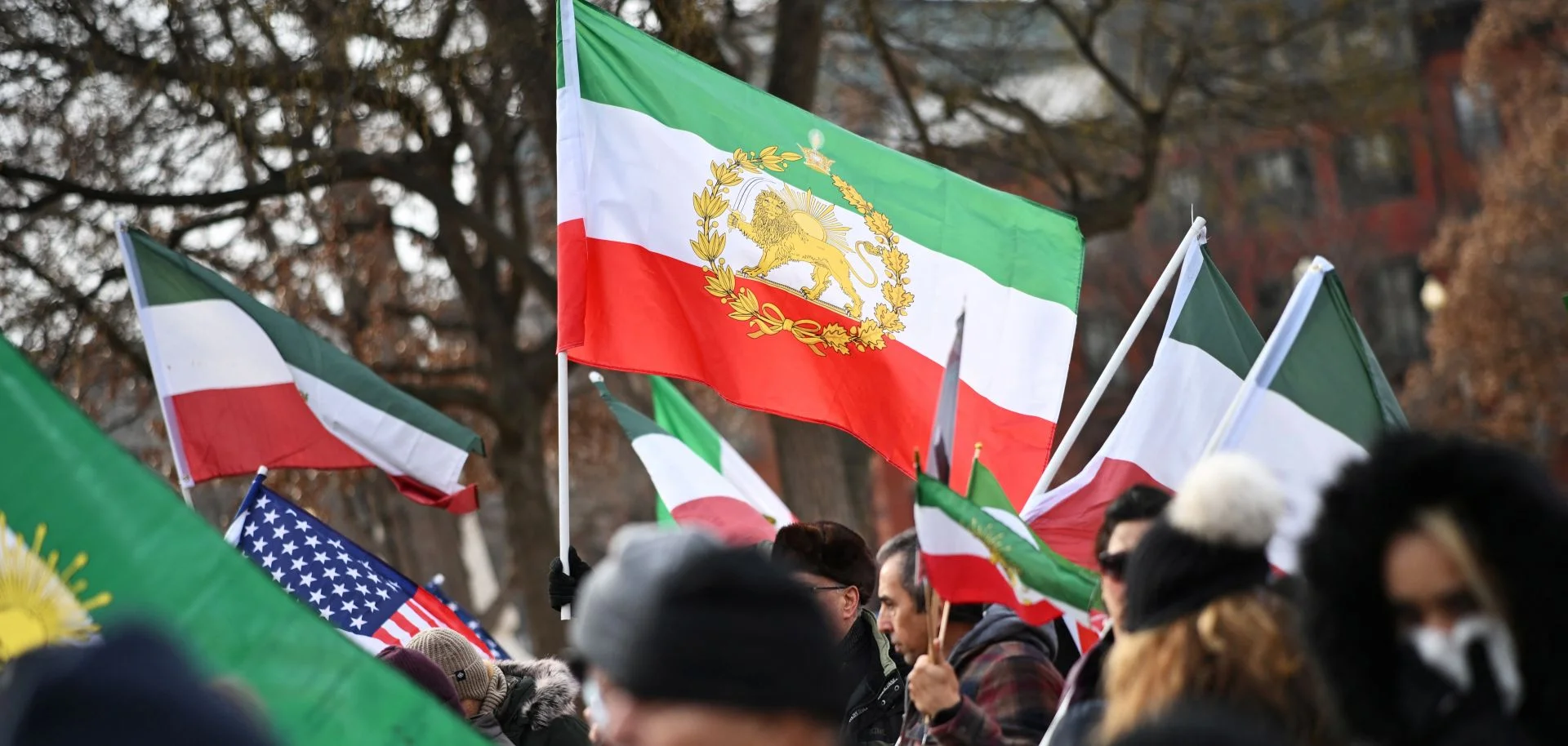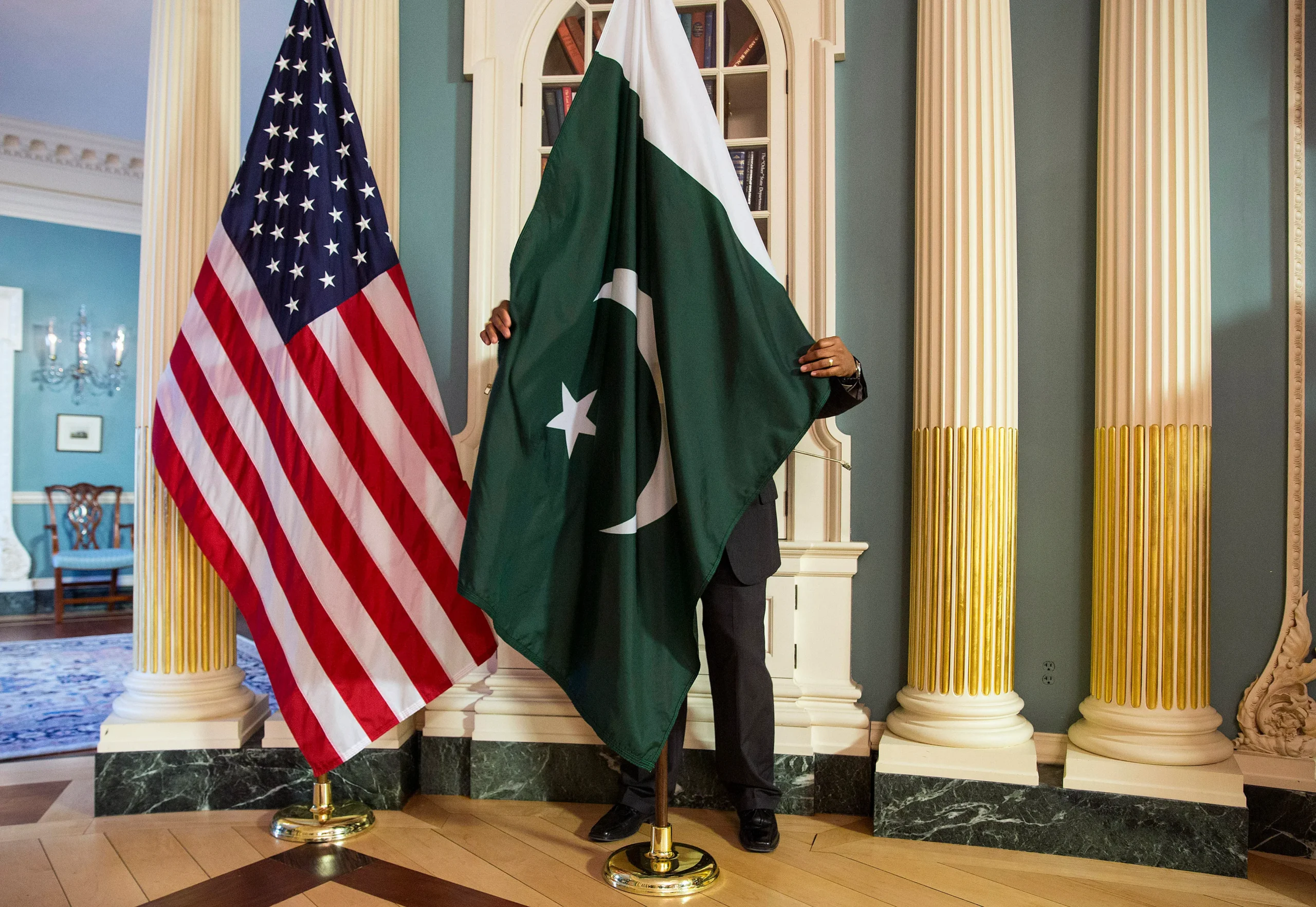On June 21st, Pakistan announced its intention to nominate U.S. President Donald Trump for the 2026 Nobel Peace Prize. This nomination is specifically for his role as a peacemaker during the Pakistan-India conflict, which occurred from May 7th to 10th. This clash was feared to escalate into a nuclear war until a sudden ceasefire was announced by the US. Initially, Pakistan’s stance seems to be wavering. Just one day after its announcement, Pakistan condemned the US for unexpected strikes on Iran amidst the Iran-Israel conflict. However, a similar abrupt ceasefire was then brokered between Iran and Israel, publicized by US President Trump. Following this, Pakistan reaffirmed its earlier stance.
US lawmaker Buddy Carter has also nominated Trump following the Iran-Israel ceasefire. Furthermore, Trump played a part in the ceasefire between the Democratic Republic of Congo (DRC) and Rwanda, and the DRC is also expected to nominate Trump for the same award. Later, the Israeli Prime Minister also nominated Trump for the Nobel Peace Prize after the Iran-Israel ceasefire.
Most recently, Cambodia is also anticipated to nominate Trump for his direct intervention in the Thailand-Cambodia conflict resolution. Donald Trump, serving his second term, has long sought the Nobel Peace Prize, believing his contributions to international peace warrant such consideration. He often publicly expressed his desire to receive a Nobel Prize, sometimes intentionally referring to Obama, his predecessor, as having received it while he had not.
Pakistan’s formal nomination of Trump for the Nobel Peace Prize was met with surprise and varied reactions, both domestically and internationally. The Pakistani population has been divided over this decision, with certain sections arguing that Trump is allowing or practicing certain aggressive actions detrimental to global peace and that the US is not doing enough to end the Russia-Ukraine war or to protect Gaza from Israel’s aggression. The bombing of Iran’s nuclear sites in support of Israel serves as a recent example of these concerns. Trump’s latest actions have undoubtedly brought the US’s global position to a standstill, as he has been seen to disregard international laws and policies, as well as global veto and justice systems.
The Nobel Prizes, including the Peace Prize, were initiated in 1901 according to the will of the influential Swedish figure Alfred Nobel. They were established to recognize contributions to betterment in various fields. Over time, the Nobel Peace Prize has garnered significant global attention due to its involvement in international affairs and political personalities, making it the most discussed. As per Nobel’s will, the Peace Prize should be awarded to those who have played a beneficial role between nations, advocated for decreasing armies, and promoted peace conferences. Awarded annually, the nomination and selection process is straightforward and well-established.
Nominations can be made for anyone recognized by academics, heads of state, etc., who has made eminent efforts toward a peace cause. However, nominations are not disclosed (unless announced by the nominators themselves); only the winner is informed a couple of times before the public announcement. Nominations are received until January each year, and the winner is announced every October.
More than a dozen Americans, including four presidents (Wilson, T. Roosevelt, Carter, and Obama), have been awarded this prize. Although their political roles weren’t always characterized by peaceful attempts, some of their significant efforts toward maintaining peace earned them accolades, and Trump wishes to add his name to this legacy as well.Therefore, Trump is not an exception, as he has shown ambition throughout his career, navigated tough international situations, and intervened in numerous instances to resolve matters. The intervention he boasts about most is the Pakistan-India ceasefire. This ceasefire is indeed praiseworthy, as it de-escalated a spiraling conflict, saving both countries and the region from long-lasting damage.
Pakistan prioritizes its national interests, a common approach in the international order based on realism, which the US also exemplifies. The atrocities in Gaza deeply affect Pakistanis, and the country is actively seeking to offer assistance through various forums. However, a nation must first ensure its survival and representation to effectively participate globally. In this context, the US has favored Pakistan by curbing India’s aggression (despite India’s denials). Therefore, the peace prize nomination appears to be a token of appreciation from Pakistan to President Trump, recognizing his role in brokering the ceasefire.
It’s difficult to comprehend a widespread reaction to merely the nomination, as Pakistan would have submitted the nomination regardless of an announcement. Other countries or individuals might also have done so without publicizing it. The decision rests solely with the Nobel Prize jury.
The main question is: Will Trump’s long-sought dream become a reality this time, or does he need to do more for peace (or the prize)?
The views expressed in this article are the author’s own. They do not necessarily reflect the editorial policy of the South Asia Times.

